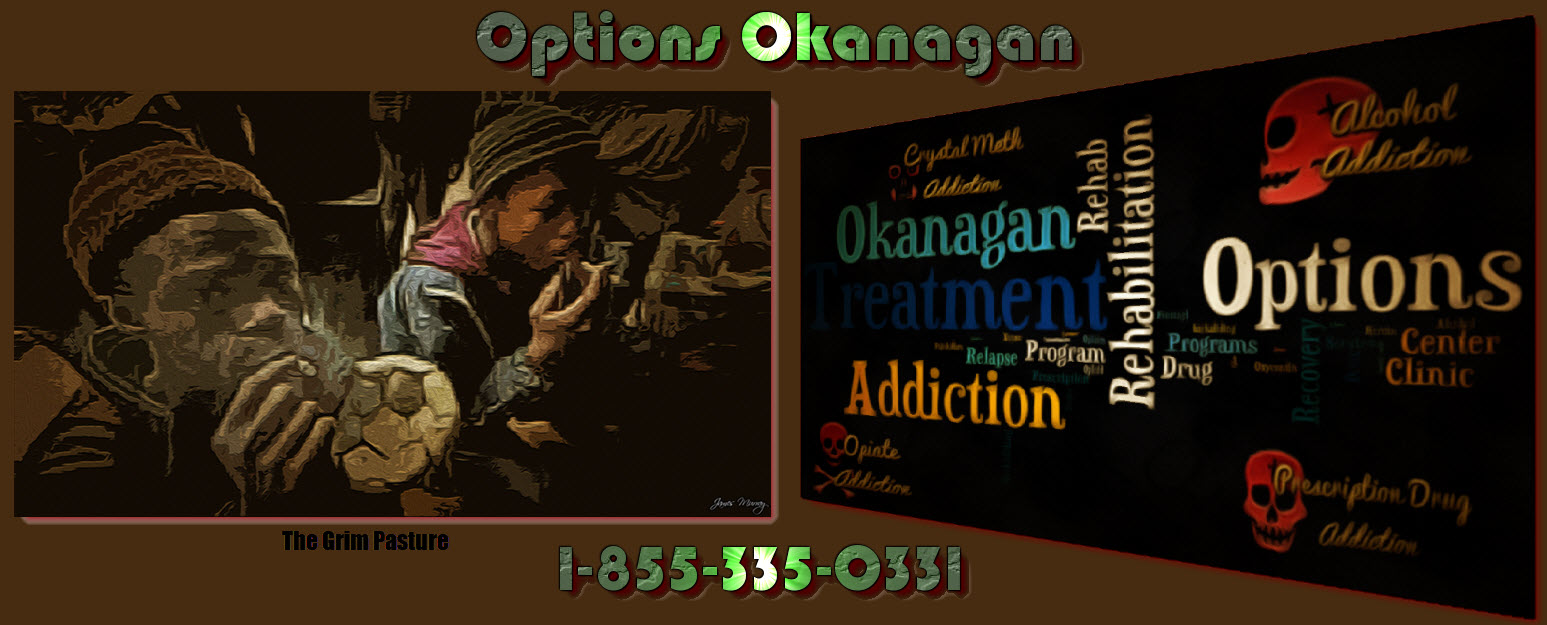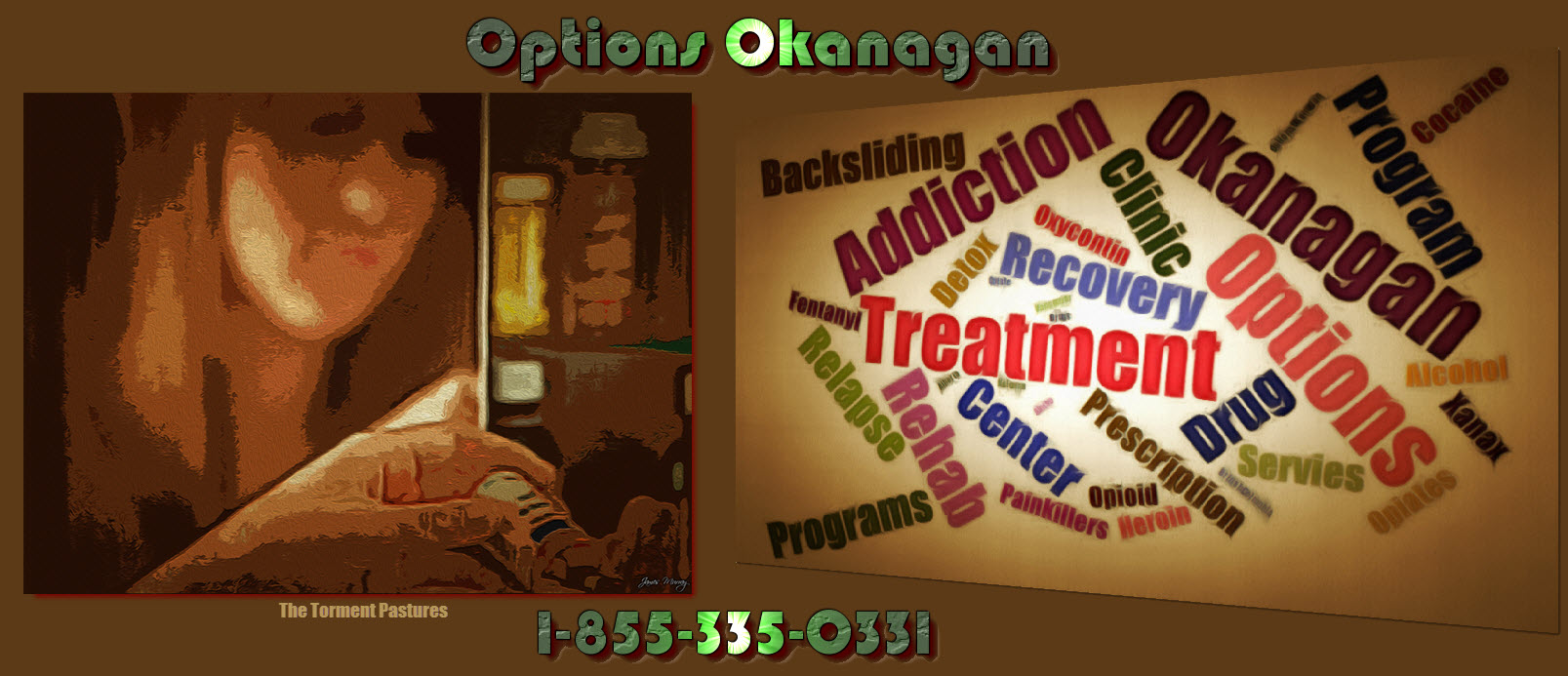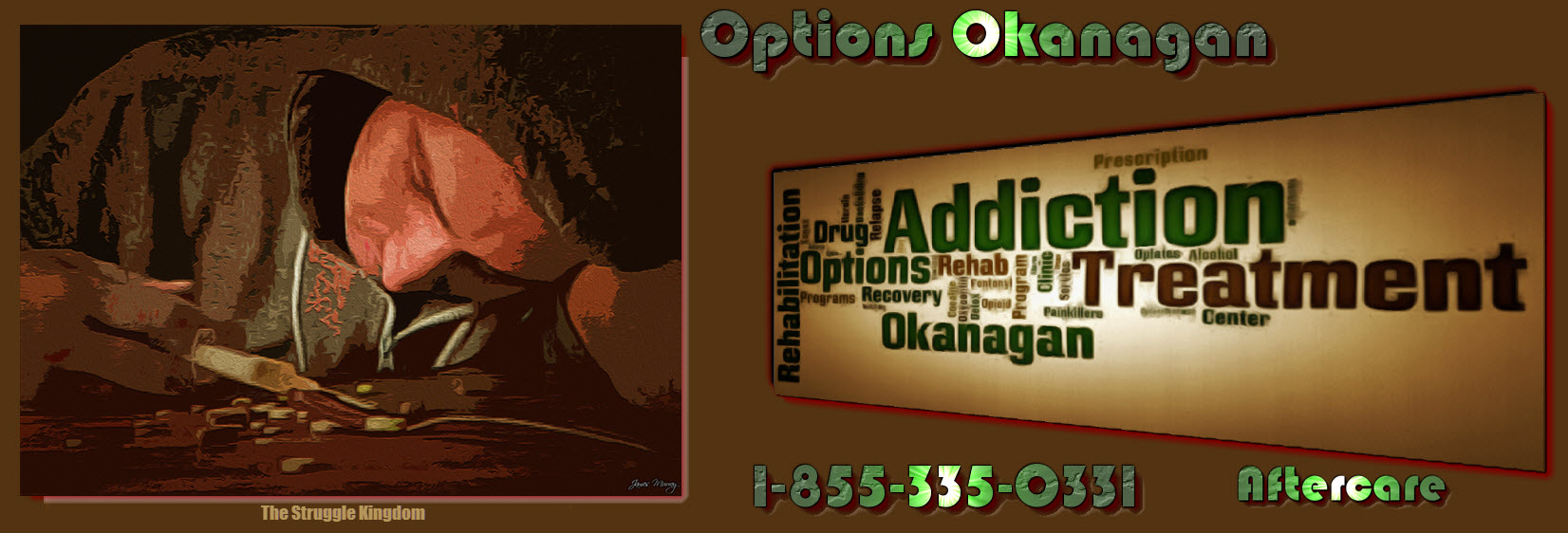Drug and alcohol addiction and information on recognizing relapses – Drug Rehab Clinics and Programs for recovering addicts in British Columbia and Alberta – Options Treatment Center in Kelowna, British Columbia treating drug, opiate, fentanyl, heroin, and alcohol addiction and recovery.
Drug Rehab In Alberta And BC
Relapses happen and are part of the addiction recovery and healing process. Recognizing what to do when relapses occur can help a person get back on track with their addiction recovery and healing.
Substance use disorder is a persistent illness or condition, because of this, it is something that individuals in addiction recovery will need to manage for their entire life. Due to the fact that maintaining a person’s sobriety needs on-going work and also focus and attention, relapses can take place in the process.
Relapses will take place when individuals get too complacent in their sobriety and allow their healthy and balanced regimens slide, or it can begin all of a sudden when an individual is confronted with a specifically difficult, stressful or traumatic circumstance.
Whatever the scenarios, recognizing the indicators of relapse and also what to do when relapse takes place is essential for every person in the addiction recovery and healing community.
Here is what an individual needs to understand about relapses in order to help themself prevent it, and also assist others in the addiction recovery and healing community who might be experiencing a relapse.
Are relapses simply a part of addiction recovery and healing?
Although relapses are commonplace in addiction recovery, it is not something that every person who is sober will go through. Relapses do not need to be a part of addiction recovery.
Relapses vary between 60 to 80 percent. Although that is very high, it approaches the relapse rates of other chronic or persistent illnesses. Still, brand-new techniques and strategies to therapy, consisting of medication-assisted treatment and therapy, can help individuals recover without relapsing.
The persistent nature of addiction and dependency implies that for some individuals relapse and going back to substance abuse after an attempt to quit can be part of the process, however, more recent therapies have been created to help with relapse avoidance.
Relapses take place for various reasons much like substance abuse does.
In some cases, individuals will relapse due to the fact that they are merely not prepared to get sober or they have concerns about whether or not they can manage their addiction issues. While some individuals will get sober the very first time around maybe because they are just hopeless or terrified enough to give recovery 100 percent effort and also never look back.
Although relapses are tough, it can also act as motivation for individuals to work harder on their addiction recovery and healing efforts. In some cases, relapsing is needed for somebody to actually hit rock bottom, and afterward, they are ready and willing to finally make a change in their addicted life.
What are the indicators of relapse?
Often relapses can take place suddenly, yet more frequently there are foreseeable indicators that show that somebody is at risk and in danger of a relapse. Commonly, prior to an individual using drugs or alcohol, they start dropping their healthy and balanced routines and behaviors of addiction recovery.
Some indicators of relapse consist of isolating, withdrawing from family and friends, not going to AA or NA meetings and failing commitments. Every one of these enables individuals to withdraw from their addiction recovery support. Without those individuals around, they might reconnect with individuals that caused their drug or alcohol abuse.
What should an individual do if they relapse or feel like they want to use again?
If a person relapses or feels like they intend to use again, remember its alright, and a part of the addiction recovery journey and also absolutely nothing to be ashamed or embarrassed about. Nevertheless, it is essential that a person reconnects with support help promptly. As opposed to beating themself up or feeling ashamed, and take immediate action to reconnect with their addiction recovery community.
Get involved in activities as soon as possible. Request for help whether it be from a good friend, member of the family or a member of their NA or AA fellowship like their sponsor. Do not think, simply grab the phone and talk to somebody about how they are really feeling.
It is highly possible that individuals in their addiction recovery and healing community have actually been in this position before too. As a result of that, they will have the ability to help the person focus and concentrate on getting back on the right track again.
An individual does not need to or wish to be sober. A person simply needs to do the work no matter how they feel and also {things|points} {will|will certainly} begin to change their life.
How can an individual support somebody who has slipped back into addiction?
If a person knows somebody who has actually fallen back and relapsed or is showing indicators of relapse, it is essential to have an honest discussion with them.
They need to approach the person who is addicted by initially letting them know they are there to help only if the addicted individual desires help. Maybe recommend going to an NA or AA meeting of their chosen fellowship.
As an individual is assisting others, bear in mind to continue working their very own soberness strategy. The more work a person does on their own addiction recovery will build a strong foundation in their initial year of sobriety and than the more successful an individual will be at not slipping back into their old behaviors and habits.
Options Okanagan Opiate and Alcohol Treatment Centers in Kelowna, Salmon Arm and Vancouver, British Columbia – Men and Women are recovering and healing from Alcohol and Drug Abuse at our treatment center here in the Okanagan right now.
Our unique and distinctive Opiate Drug and Alcohol treatment program allow men and women to come in from Calgary as well as Edmonton as we offer airport pickup.
Numerous clients come to us from Vancouver, Calgary, and Edmonton and other locations in Alberta and even other provinces for Opiate addiction treatment, heroin drug treatment, many other drug and alcohol addictions for rehabilitation because of the uniqueness of our treatment center.
Our (Kelowna ) Alcohol and Drug Treatment Program Location:
(Not Mailing Address) Contact Us – Web Page
For Mail Delivery :: Please contact each center for correct mailing addresses, also this location is the location of our residential treatment programs in Kelowna. Please call Toll Free 1-855-335-0331 to contact the treatment center you are going to for the address and directions.
Options Okanagan Drug and Opiate Treatment Center
551 Sherrydale Crescent, Kelowna, British Columbia, V1V 2E6
Toll-Free Phone Number: 1-855-335-0331




